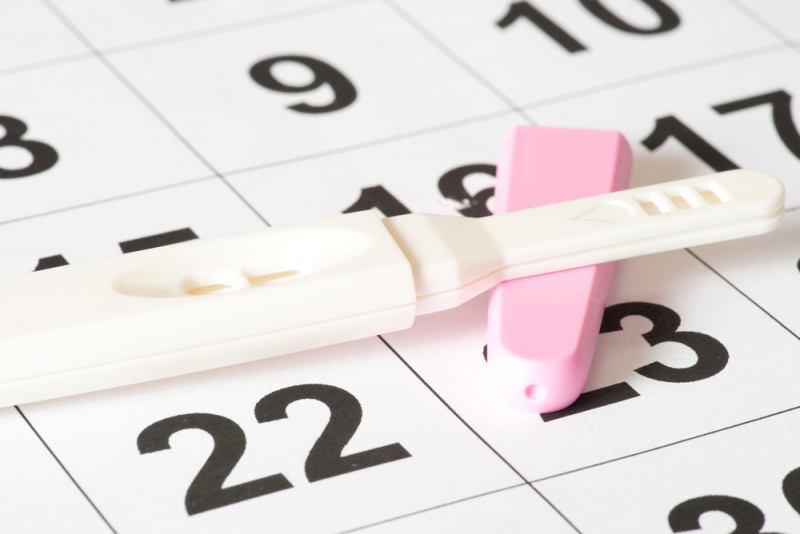There are lots of reasons to keep track of when you’re ovulating. For one thing, disturbances to your menstrual cycle can be an early indicator of health problems that you’ll want to address. Even stress can cause your menstrual cycle to become irregular and your body to stop ovulating, as it interprets an abundance of stress hormones as evidence that you’re in an environment where it’s not safe to raise children.
Ovulation can also be affected by health issues, with one of the most common being Polycystic Ovary Syndrome. PCOS is a hormone issue, caused by an excess of Androgen and Insulin, which between them can cause weight gain, hirsutism, skin discolouration, anxiety, depression and skipped ovulations.
Ovulation is important because each egg is an opportunity for you to get pregnant. If you’re trying to get pregnant but don’t know when you’re going to ovulate, you run the risk of missing one of those chances. It’s even more important if you are suffering from a condition like PCOS, as you ovulate irregularly and less frequently: fewer ovulations simply means fewer chances to become pregnant.
There are several ways to learn when you ovulate, and give yourself the insight you need to make sure you’re the best possible advocate for your health and fertility. Simple apps can act as an ovulation calculator, working off your cycle length and the date of your last period to tell you when you’ll next ovulate.
Unfortunately, if you have an irregular cycle, or are prone to missing ovulations for any reason, this simple method of determining when you’re fertile won’t work for you – and you need an accurate answer even more than people with extremely regular cycles.
Ovulation Predictor Kits, which are more commonly known as OPKs, are convenient and available from the majority of supermarkets and chemists. They work like pregnancy tests, giving you a simple yes/no answer based on the hormones in your urine. Unfortunately, they’re not suitable for everyone: if you depart from the hormonal ‘normal’ that the test is calibrated for, they stop being able to give you accurate results, showing either false positives or false negatives.
Your Basal Body Temperature is a more accurate way to tell if and when you’re going to ovulate but it can be hard to use. Your BBT is the low temperature your body falls to overnight, when you’re asleep. Measuring it means taking your temperature as soon as you wake up, and even then, that low level might be lost, as your metabolism heats your body up.
Fortunately more modern, sophisticated fertility trackers include overnight thermometers, as well as cloud computing integration, to turn the results into predictions of when you’re going to be fertile next, to make it easy to learn when you’re going to ovulate.




You must be logged in to post a comment.